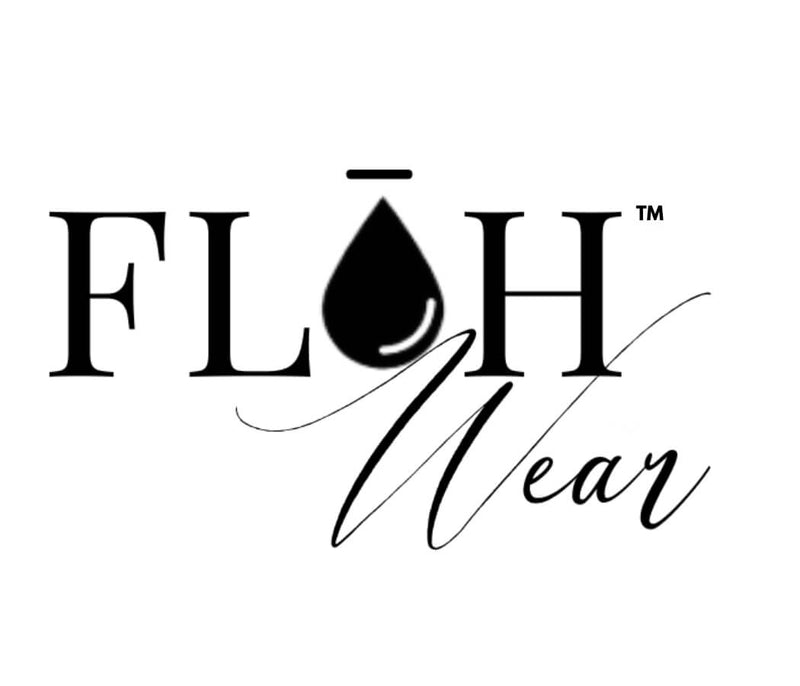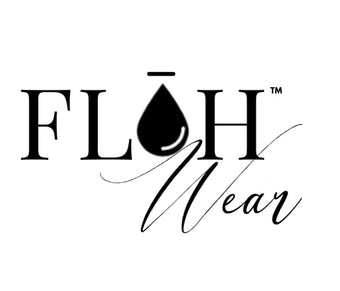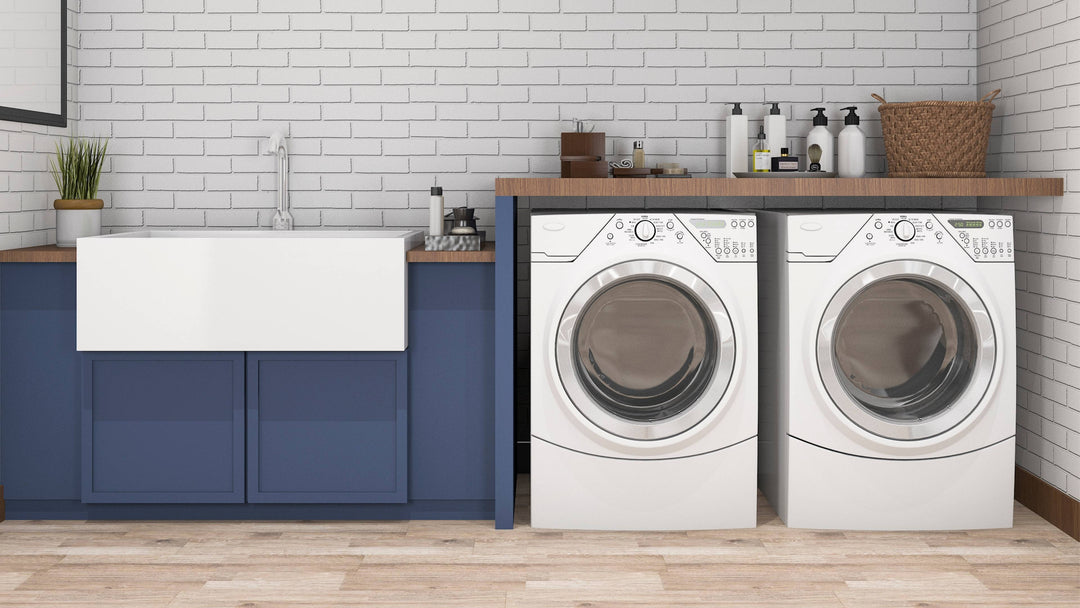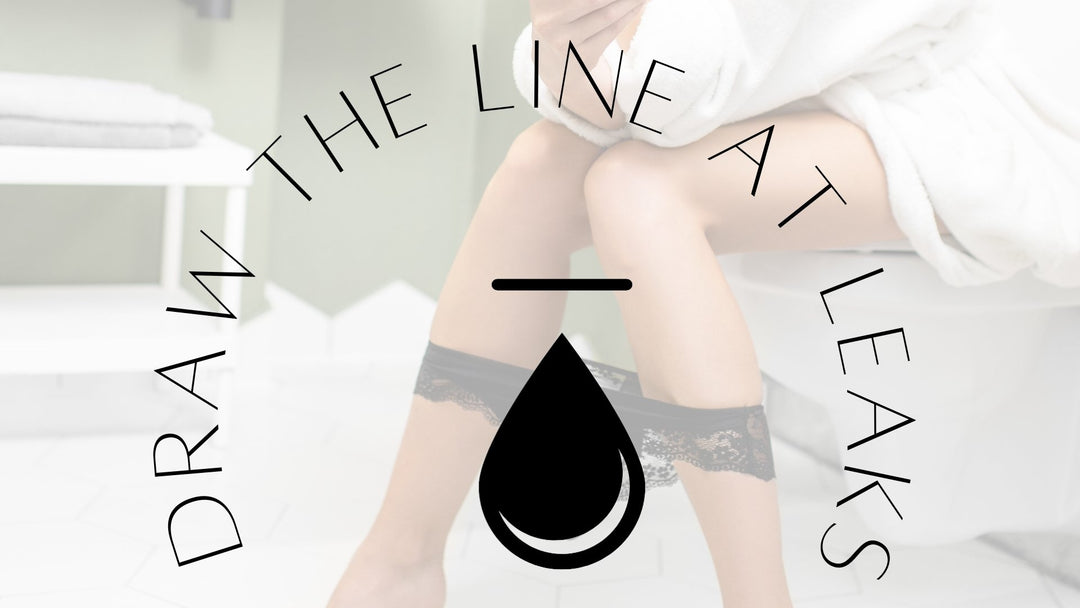Breaking the Silence: Understanding Period Poverty and Its Impact
In the era of progress and inclusivity, period poverty deserves a conversation. Regardless of gender, it's essential to recognize the significance of addressing this challenge that affects individuals across the globe. So, let's delve into the depths of period poverty and the potential impact of raising our collective awareness.
What is Period Poverty?
Period poverty refers to the lack of access to menstrual hygiene products, education about menstruation, and sanitation facilities. It's not just about the financial barrier of affording pads or tampons; it encompasses a broader issue, including societal taboos, inadequate infrastructure, and limited awareness.
Why Does It Matter?
- Dignity Matters: Everyone deserves the right to manage their periods with dignity. Period poverty often forces individuals to resort to makeshift solutions, compromising their comfort and dignity. This is not just a matter of convenience; it's a matter of basic human rights.
- Education and Work Hindrance: For many, period poverty leads to missed days of school or work. When individuals lack access to proper menstrual products, they may be forced to stay home during their periods, contributing to educational and financial gaps - limiting their potential. Breaking the cycle of period poverty is a crucial step towards fostering equal opportunities.
- Health Implications: Insufficient access to menstrual hygiene products can pose health risks. Unsanitary alternatives may lead to infections, affecting the overall well-being of individuals. Addressing period poverty is not just about providing products; it's about promoting health equity.
-
Gender Equality: Period poverty reinforces gender disparities. Menstruation is a natural part of life, and everyone, regardless of gender, should be involved in the conversation. By tackling period poverty, we contribute to breaking down societal barriers and fostering a more inclusive understanding of menstruation.

The Millennial Perspective
As millennials, we understand the power of collective action and the influence of our voices. Here's how we can contribute to addressing period poverty:
- Open Dialogue: Break the silence surrounding menstruation. By fostering open conversations, we challenge stigmas and contribute to normalizing discussions about periods. This inclusive approach helps erode the shame associated with menstruation.
- Support Initiatives: Numerous organizations are working tirelessly to combat period poverty. Support these initiatives through donations, volunteering, or simply by spreading awareness. By amplifying the reach of these organizations, we contribute to creating a world where no one has to face period poverty.
- Advocate for Policy Change: Encourage policy changes that address period poverty on a systemic level. Advocate for initiatives that provide free or subsidized menstrual products in schools, workplaces, and public spaces. By leveraging our collective influence, we can push for policies that promote menstrual equity.
- Promote Sustainable Solutions: Consider the environmental impact of menstrual products and explore sustainable alternatives. From reusable pads to menstrual cups, there are eco-friendly options that not only benefit the planet but also contribute to making menstrual products more accessible.
Period poverty is a multifaceted issue that demands our attention. By understanding its impact and taking collective action, we can contribute to a world where menstruation is no longer a barrier to education, health, or dignity. Let's use our millennial mindset to break the silence, challenge societal norms, and work towards a more inclusive and equitable future for all.







